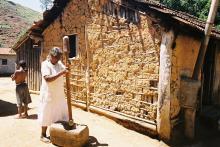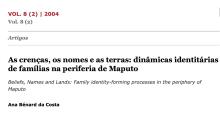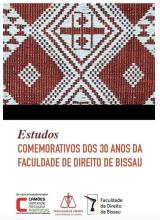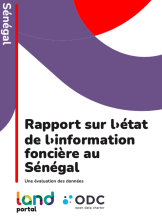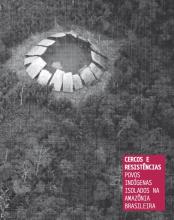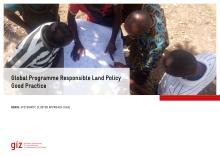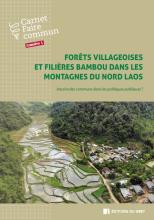/ library resources
Showing items 1 through 9 of 73379.ABSTRACTED FROM THE OBJECTIVES SECTION: These Voluntary Guidelines seek to improve governance of tenure of land*, fisheries and forests.
This paper starts from the assumption that the process of reform is as important as the content of the reform. Many excellent land policies, laws and technical reforms have been developed, yet, in many cases, implementation has slipped, stalled or has even been reversed.
Este texto apresenta algumas ideias relacionadas com os processos de (re)construção das identidades familiares, suscitadas no decorrer de uma investigação sobre estratégias de sobrevivência e reprodução social de famílias da periferia de Maputo.
O regime de propriedade da terra é estruturante na organização de qualquer Estado, mas assume uma importância acrescida em estados pós-coloniais africanos, como a Guiné-Bissau, que, sendo unitários na forma, e na organização do poder político, são plurais na sua organização jurídica, económica e
Ce rapport sur l'état des informations foncières (SOLI) est une analyse de l'état actuel des données foncières au Sénégal, évaluant la disponibilité des informations foncières et la conformité de ces informations avec le
A Amazônia brasileira é a região do planeta com maior número de comunidades nativas classificadas como isoladas.
The Global Programme 'Responsible Land Policy' (GPRLP) is part of the Special Initiative 'One World, No Hunger' of the German Federal Ministry for Economic Cooperation and Development (BMZ), which aims to reduce extreme poverty and hunger.
Ce carnet relate l’expérience conduite par le Gret pour accompagner le développement de filières bambou approvisionnées par les forêts villageoises dans la province de Houaphan au Laos.
Paginación
Land Library Search
Through our robust search engine, you can search for any item of the over 64,800 highly curated resources in the Land Library.
If you would like to find an overview of what is possible, feel free to peruse the Search Guide.


